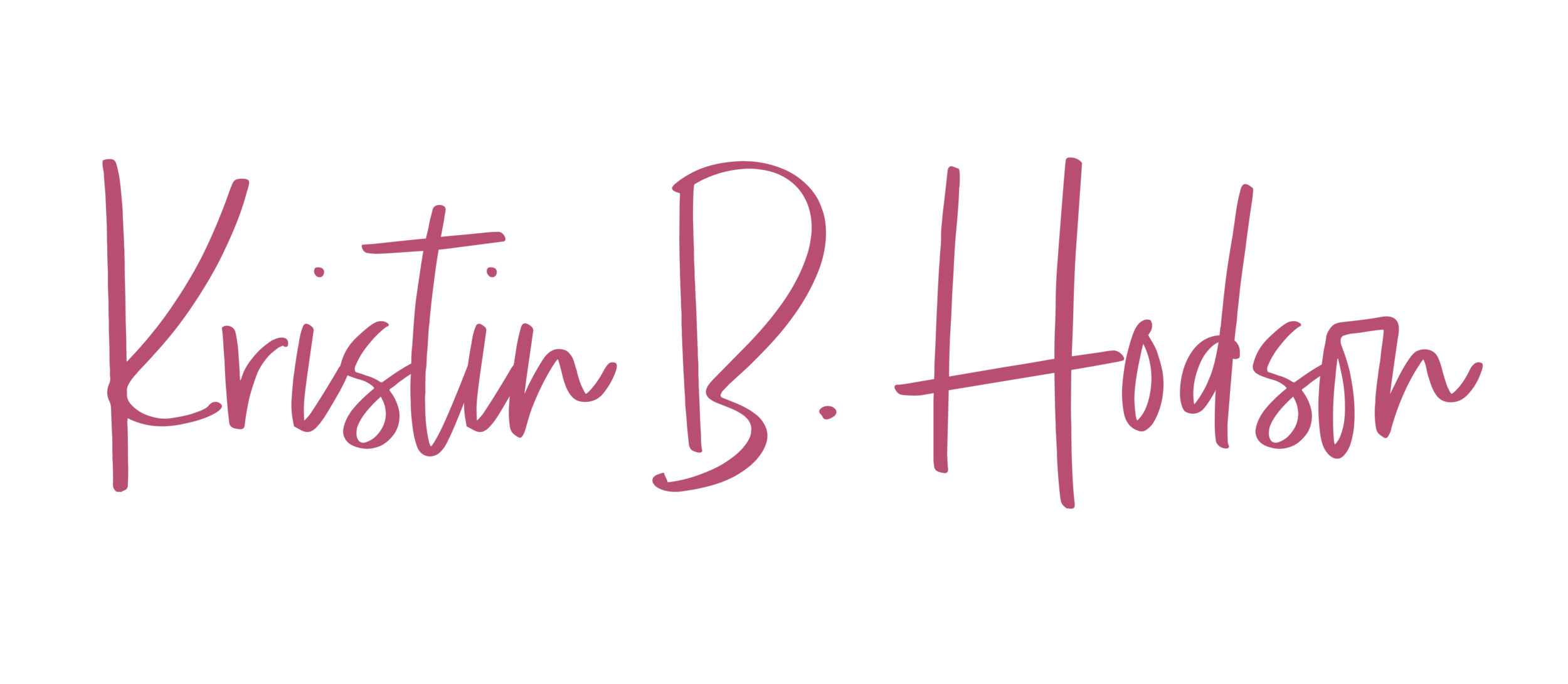Puberty: A Journey, not a destination
I recently received a text from a concerned mother that said this.
I love getting questions like this because we all have them. Is this normal? Am I normal? Are we normal? Most of us are wondering if some part of our sexual health is normal and many of us don’t know where to turn to get information to find out.
Doing what I do when it comes to matters of sexual health, I spent the next few days going down a rabbit hole looking at various studies, information from the American Pediatric Association, and other reliable sources to see what I could offer this mother.
Here is what I found:
The range of “normal” for puberty is between the ages of 8-14.
Markers of puberty prior to age 8 could potentially be something called, “precocious puberty.”
Markers of puberty are developing breast buds, pubic hair, body odor, acne, moodiness, changes in voice, menarche (getting your period)
What is causing it looks to be largely unknown but discussiond and studies seemed to point to environmental stress, weight, race, chemicals/hormones in food, and other factors.
But here is what I also found:
While physically her daughter is “normal”, girls who develop earlier are at greater risk for lower self-esteem, depression, and eating disorders because they feel different from their peers and THEY feel like they aren’t normal. Remember wanting to be unique but exactly the same as your friends?!? I know I did.
Let me put it in more skimmable terms so it’s not missed.
Girls who develop earlier are at greater risk for:
Low self-esteem
Depression
Eating Disorders
So what can we do from a proactive empowered place and not a fear-based place?
I loved what I found in this New York Times article,”Puberty Before Age 10: A New Normal?” that said this:
Normalizing these changes is a major support and step for a child, (and let’s be honest, a parent), however, it’s not the only steps we can take. We can also take proactive steps to guide our children through theirunique journey and experience with puberty. We can initiate conversations as well as see and take advantage of the natural teaching opportunities that regularly arise.
Rather than waiting for bigger moments such as a daughter getting a period, cracks in the voice, or waiting until a specific age for a one-and-done “talk”, we have the opportunity to serve as the guides and mentors we always wished we had growing up every step of the way.
I know as a parent these changes can feel really overwhelming especially when many of us made our own journeys through puberty largely alone without guidance and models to draw from. However, being proactive prior, during and through our kid’s emergence of puberty can be one of the best gifts we can give to our children.
If we think about puberty as a becoming instead of an arriving, we will find there are many steps we can take along the way to make this a smoother part of life.
If you missed my prior blog post on my favorite books in talking to your kids about sex(ual health), you can find it here.

